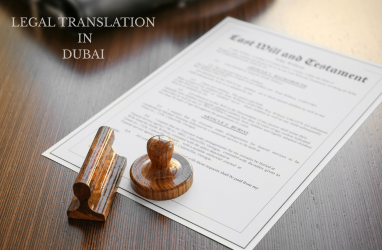Content Creator Essentials: Intellectual Property for Satire and Parodies
Tech leaders started out marketing the internet to the world—only a few decades later, the world’s biggest market has become the internet. With more than half of the global population using the technology, online ventures stepped up as decidedly one of the world’s leading industries. Online innovators saw this emerging path, and immediately found effective ways of monetizing their influence and content in social media. Lucrative as it is, productions should still follow guidelines set by the law. Many influencers found that content is potent when using comedy. But how could we do it legally? This article explores the provisions guiding the creation of comedic pieces, particularly satire and parody.
Expert Insight: Most comedic content posted online is usually done at the expense of another copyright holder’s rights. However, since Fair Use enables creatives to use copyrighted works, the line dividing legal and prohibited is indeed a fuzzy one. Specifically, the line should exhibit the purpose of criticism, commenting, and transformative work. It is best to consult a dedicated Intellectual Property lawyer when using another person’s original work as a reference.





